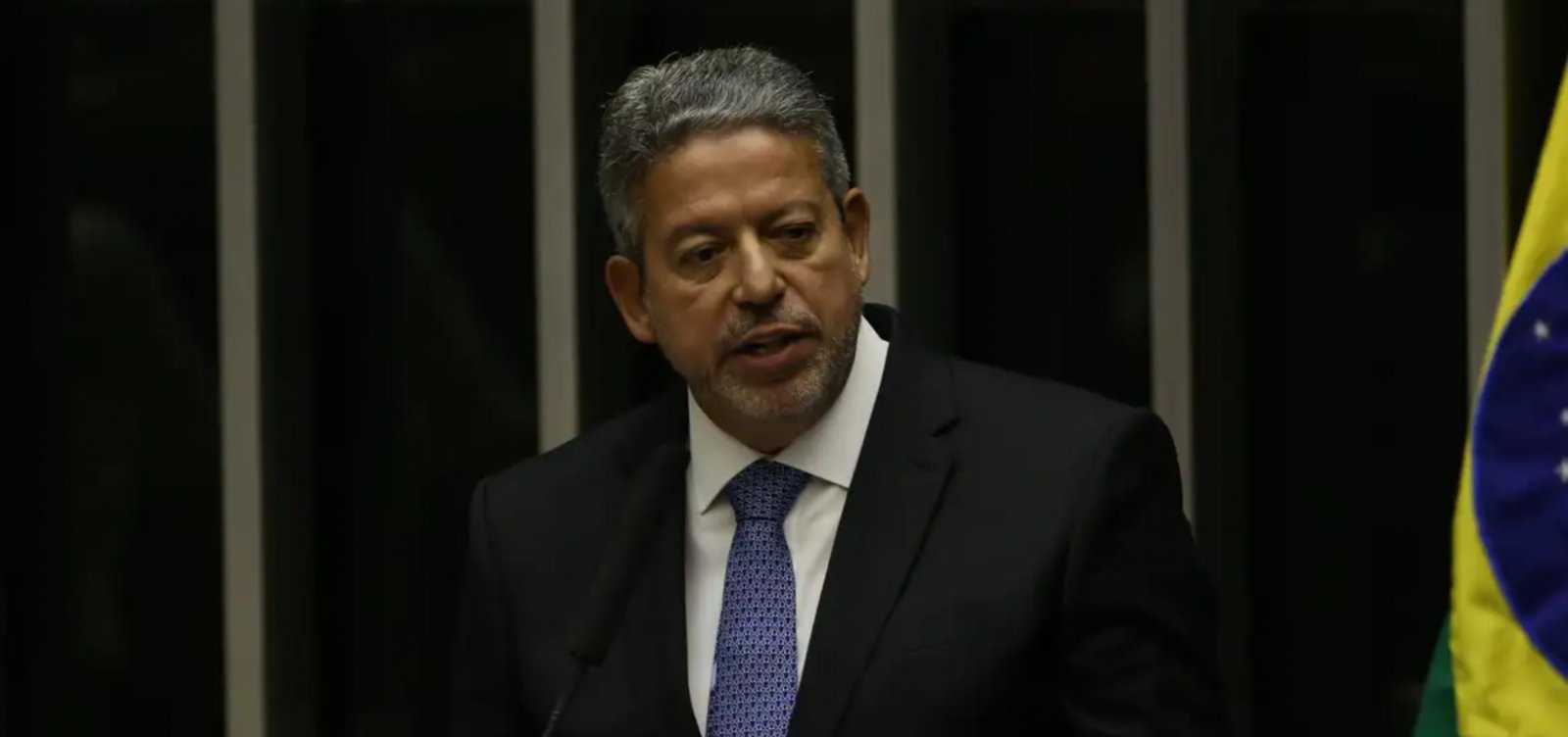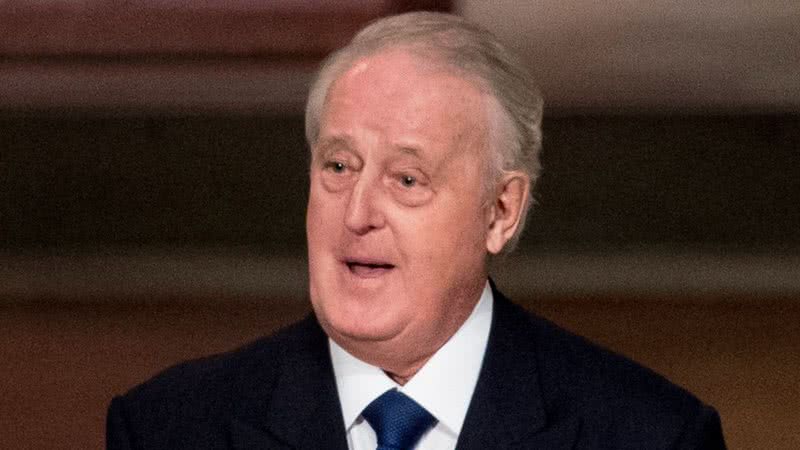WASHINGTON, December 20 (Reuters) – The incoming White House chief of staff said Sunday that President-elect Joe Biden’s response to the massive hacking campaign that was uncovered last week would go beyond sanctions.
Ron Klain said Biden was charting ways to counter suspected Russian hackers who have penetrated half a dozen US government agencies and exposed thousands of American companies. Read more
“These are not just sanctions. These are steps and things we can do to reduce the capacity of foreign actors to engage in these kinds of attacks,” Klain said on “Face the Nation” on CBS.
Options being considered by the Biden administration to punish Moscow for its alleged role include financial penalties and retaliatory hacks of Russian infrastructure, people familiar with the matter told Reuters.
The Kremlin denies any role in the hack. Speaking at an event to mark the 100th anniversary of Russia’s foreign intelligence agency SVR, Russian President Vladimir Putin praised his work, saying he was impressed by the “difficult professional operation that has been carried out.” Read more
Biden, who became president in Jan. There will likely be bipartisan support for a muscular reaction to the espionage campaign, lawmakers said on Sunday.
Republican Senator Mitt Romney said the data breach was “deeply damaging” on NBC’s “Meet the Press.”
“This demands a response,” he said. “This is something we need to address as soon as possible.”
[1/2] US Senator Mitt Romney (R-UT) walks past the US Capitol in Washington, US, December 17, 2020. REUTERS/Erin Scott
US Senator Mark Warner, the top Democrat on the Senate Intelligence Committee, said on ABC that hacking could still occur and officials had yet to determine its full scope. But he stopped short of the aggressive language used by Romney, who called the hack an “invasion”.
“This is in the gray area between espionage and attack,” said Warner. Still, he supported Romney’s calls for retaliation, saying Washington needed to make it clear to the adversary “that if you take this kind of action, we and others will strike back.”
Adam Schiff, the Democratic chairman of the House Intelligence Committee, also said the United States must “deterrence and respond” — but also invest more in cyber defense.
He told MSNBC that, in some cases, digital cleaning of US networks “might mean burning down entire systems to make sure when we rebuild them, they’re not there.”
Cybersecurity officials and professionals across the United States are still struggling to cope with the scale of the hacking campaign, which used US technology company SolarWinds. (SWI.N) as a springboard for infecting Texas corporate clients – including the Treasury, Commerce, and Energy Departments.
Up to 18,000 customers were left open to the hackers, but CEO Kevin Mandia – whose company FireEye (FEYE.O) helped uncover the hack – telling CBS he estimated “only about 50 organizations or companies, somewhere in the zone,” were “actually impacted.”
Klain told CBS that there is still a lot that is not known.
“I think there are still a lot of unanswered questions about the purpose, nature and range of this particular attack,” he said.
Reporting by Idrees Ali and Susan Heavey, writing by Scott Malone Editing by Sonya Hepinstall
Our standard: The Thomson Reuters Principles of Trust.

“Geek zombie. Subtly charming social media scholar. Beer enthusiast. Lifelong bacon pioneer.”

/cloudfront-us-east-2.images.arcpublishing.com/reuters/AUMU7LBH6NIZRN5HJS3GGMGTII.jpg)




